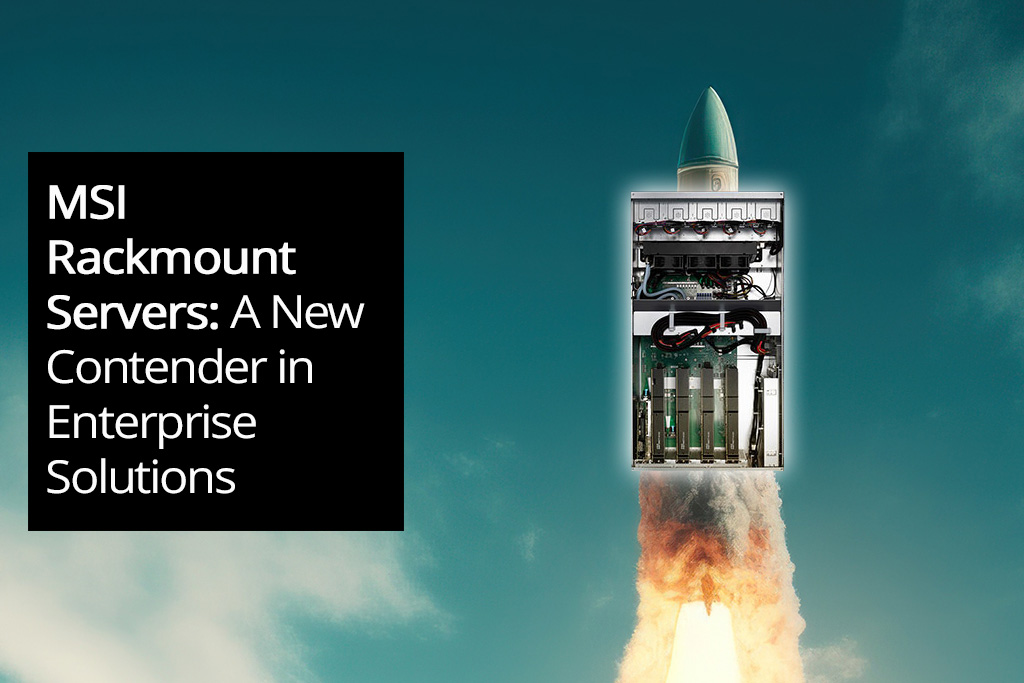VMware at a virtualisation and cloud Crossroads?
VMware announced its first quarter 2013 earnings late last month, and on the face of it the results weren't too bad: sales were up 13% compared to last year. Things could be a lot worse.
But not everything is rosy at VMware HQ. Software license sales were almost flat, rising just over 1%. The bright spot was services revenues – mostly support contracts – which grew 23%. But profits (net income) fell by 9%, to $173 million.
The numbers were affected by various one-offs, including a $63 million restructuring charge relating to a reduction in employee count of about 7%.
But what's clear is that after numerous years of having the server virtualization market virtually to itself, VMware is now facing serious competition from Microsoft, from Xen, from KVM and from Open Stack.
As we've talked about before in this column, VMware sees the public, private and hybrid cloud as the lynchpin to the next stage in the company's development. The trouble is that apparently there are problems with the VMware public clouds that are offered by VMware Service Provider Program partners.
That's why VMware announced its vCloud Hybrid Service, which was officially unveiled this past week, will effectively be a VMware-managed public cloud, possibly running in VMware partner data centres.
Another problem is that very large organizations and many cloud service providers prefer to use open source cloud software to build their private and public clouds — for financial reasons, for customizability reasons, or most likely, for a combination of the two.
That leaves smaller and mid-sized organizations, which are unlikely to want to build their own private cloud, much less cloud burst to a compatible VMware public cloud — whether through the vCloud Hybrid Service or a VMware cloud offered by a Service Provider Program partner.
All of which points to the emerging realization that cloud computing may not prove as profitable to VMware as the company had imagined it would be.
But maybe the plain old server virtualization market isn't quite the lost cause that many people assume it is. It's true that companies wanting to virtualize their servers don't have to look to VMware, as there are plenty of competing hypervisors, both free and premium. But there is still a vast stock of servers that have yet to be touched by virtualization technology at all.
"Server virtualization has been the focus of the data centre industry for several years now, and the largest data centre owners and internet content providers like Google are ubiquitously exploiting virtual machines," says Michael Howard, principal analyst at Infonetics Research. "Yet the reality is the bulk of data centre owners are more pedestrian in their deployments, finding it more operationally convenient to leave many areas of their data centres alone, using server virtualization for only select applications."
Which is to say there’s a whole lot more pie that’s available, and VMware should be able to win itself a healthy slice of it?
And let's not forget the software-defined data centre (SDDC), a concept that includes server virtualization, network virtualization and software-defined storage. There will be open source offerings that address all of these areas, but VMware is in a prime position to be able to offer a single integrated software-defined data centre platform — at least until the open source brigade catches up.






Facebook
YouTube
LinkedIn
Instagram
Call us today on 01283 576162 to talk directly to one of our server specialists
Who we are
Europe's specialist value added distributor of server chassis, server components and server systems.
Server Case is a specialist server chassis distributor based here in the United Kingdom, with an extensive range of 19” rackmount cases built to suit a variety of environments; including remote industrial servers and everything in between. Furthermore, our distribution partnerships have allowed us to develop and deliver Server Barebones and fully configured systems to the vast IT Channel and Enterprise customers.
Latest Blog
MSI Rackmount Servers: A New Contender in Enterprise Solutions
Posted on: 2nd Aug 2024
The landscape of enterprise computing continues to evolve, with companies like MSI, ASUS, and Supermicro offering robust server solutions tailored to various needs. Among the latest contenders in this space are MSI's new rackmount servers, part of their MSI Enterprise Platform Solutions. These servers are designed to meet the demanding requirements of modern enterprises, providing an appealing alt... [...] Read more
Latest Video
View more of our reviews, unboxing and installation videos on YouTube.
Business Links
Site Information